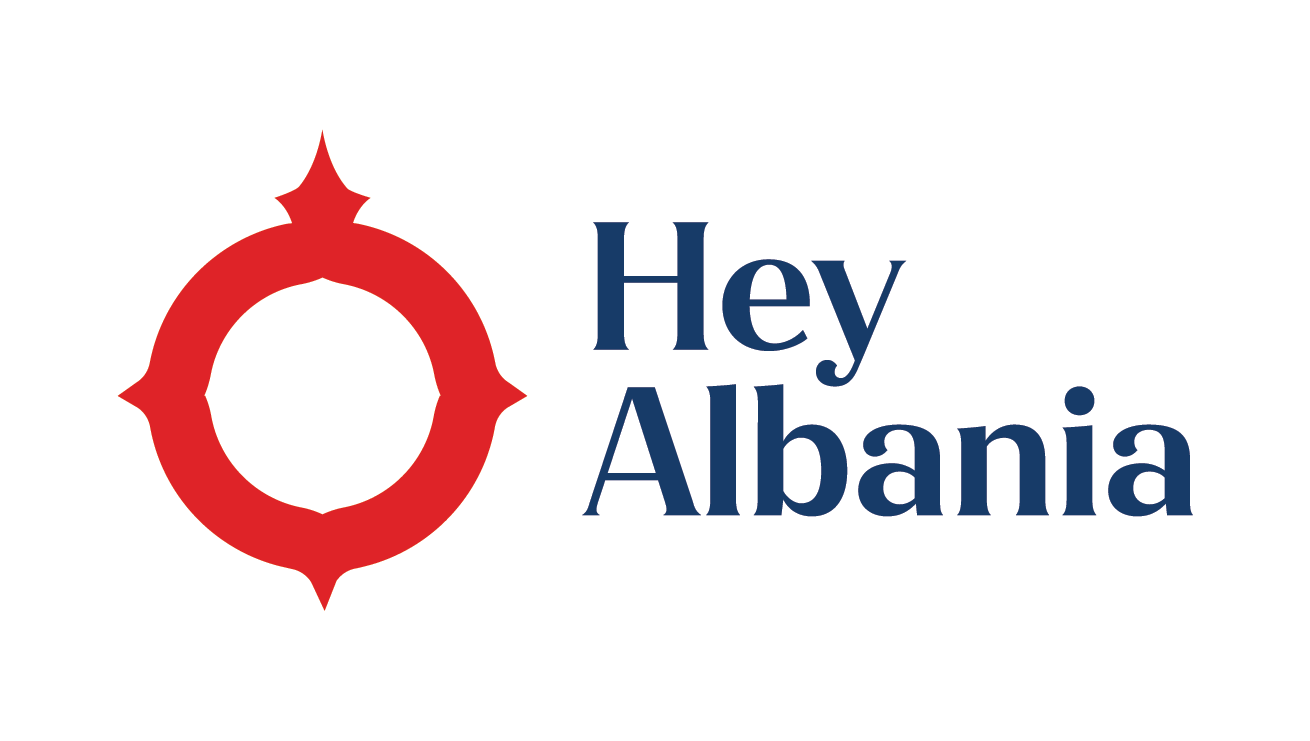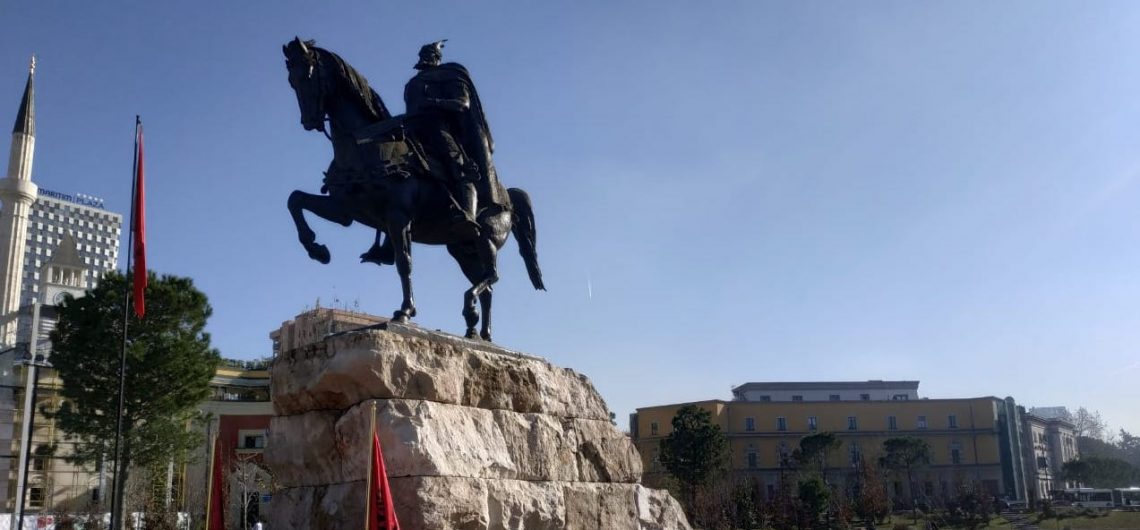Albanians
One can say with complete conviction that they are one of the oldest peoples of the Balkans. The first traces of life begin about 1,000 years BC, from the beginnings of mankind. Many facts have been established in mysterious caves, which give us evidence of how life began in the Albanian lands. Our ancestors were Illyrians, a people unlike any other in the Balkan region, divided into tribes such as Albanians, Taulants, Chaons, Molos, Adrians, Amantis, who lay in the territories of today’s society. The connection with our Illyrian ancestors is found today in modern times, as names in our Albanian population such as Ardian, Taulant, Amantia and Illyrian. Albania’s geographical position is very favorable for the fertility, natural beauty and trade routes it offers. In the northwest we border Montenegro, northeast with Kosovo, east with northern Macedonia, southeast with Greece and west with the Adriatic and Ionian seas.
The Albanian language or “eagle’s tongue” is a unique Indo-European language unique in its kind. It is written in Latin letters and the Albanian alphabet is made up of 36 letters. The Albanian flag is considered one of the oldest flags representing a nation. The beginning is that in the 15th century, where George Kastriot Skanderbeg, our national hero, united the Albanian tribes in one flag, that of the two-headed eagle in the red field, against the Ottoman Empire. The same flag was raised after 500 years under Ottoman occupation in the city of Vlora on Independence Day, November 28, 1912 by Ismail Qemali. The two-headed eagle shows the national union of Geg and Tosk (North and South) and the red field on which it stands symbolizes the blood shed by Albanians over the centuries to protect their national identity. Albanians for centuries are the people who have been exiled many times, due to the many wars that have taken place in the Balkans, therefore the Albanians of the diaspora living in different countries on both the European and American continents are about 7-8 million, thus 2 – less than 3 million people living in Albanian territories. One interesting fact that has survived to this day is patriotism. We live in a modern, free and peaceful world today. But traditions, though far from Albania, have not been lost. If you are going to meet an Albanian born in European countries or America, even though they do not speak Albanian properly or have never been to Albania, they will proudly say: “I am proud to be Albanian” or the expression that comes from antiquity: “Blood does not become water”, where they want to show that they are of Albanian descent. Another unique fact that is truly exemplary around the world is religious coexistence. There are 4 religions in Albania: Catholic, Orthodox, Muslim and Bektashi. Albanians usually celebrate all religious holidays as if they were one, usually in a traditional family you will find a Catholic father, a Muslim mother, a Bektashi grandfather and an Orthodox grandmother even in the most fanatical religious times that the phrase: “Albanian religion is Albania”. We can confidently say that religious tolerance is extremely high and without prejudice. I invite you all to come and see Albania, the natural beauties, ancient history, magnificent mountains, culinary and special cultural traditions that will impress you. After all, hospitality is our symbol, as is the phrase: “Even if we don’t have what to give you, it’s enough to knock on an Albanian’s door and they’ll wait for you with bread, salt and a white heart!
By Bergi Agalliu

